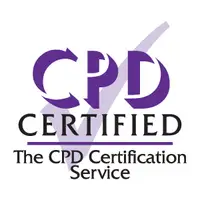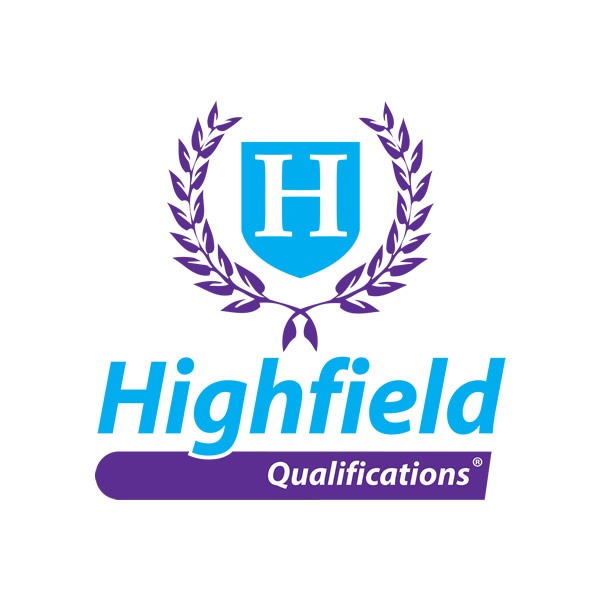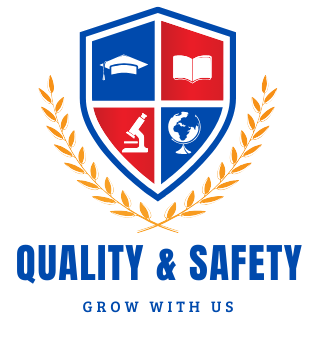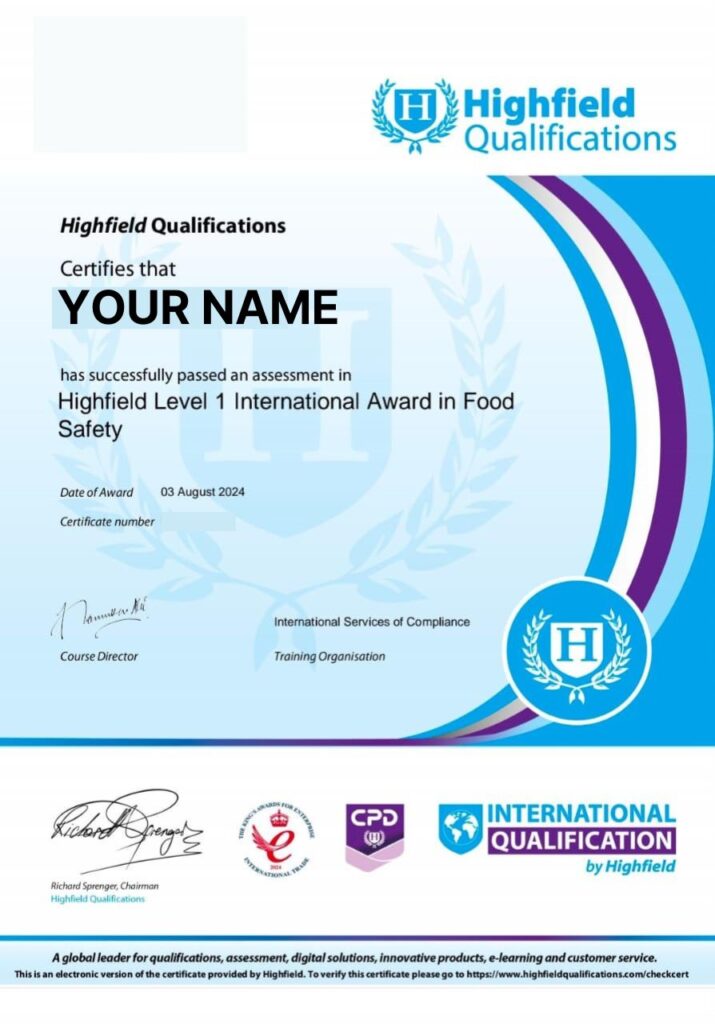Highfield Food Safety Level 3 Certification
This Level 3 Food Hygiene Training Course is tailored for managers and supervisors in the catering industry, equipping them with essential knowledge for managing daily responsibilities, including the fundamentals of implementing a HACCP food safety management system.
Out of 89 Reviews

Scan me
The course delivers in-depth knowledge on food hygiene practices, legal obligations, and the controls necessary to ensure the food handling process is conducted safely and hygienically. Learners will engage with a variety of resources, including written content, interactive exercises, videos, and downloadable materials to stay up-to-date with food safety laws and best practices.
Upon completion, you’ll have a solid grasp of food hygiene principles and the skills needed to keep food safe and comply with food safety regulations.
- 100% online training
- Access from anywhere
- Instant digital certificate
- Aligned with RSPH and CIEH Level 2 Food Safety Awareness standards
- Compliant with UK and EU food handler legal requirements
- Accepted by Local and International Authorities
- CPD-accredited, endorsed by Highfield Certified Qualifications
- Approved by Environmental Health Officers
CPD Accreditation



What You'll Learn
By the end of this course, you will be able to:
All our courses are accredited by the CPD Certification Service, ensuring they meet globally recognized Continuing Professional Development (CPD) standards.

Why Take This Course?
In the UK, over 2 million cases of foodborne illness occur each year. The risk of such illnesses increases when food handlers lack the necessary training to work safely and hygienically.
Food businesses are legally required to protect consumers from harmful, misrepresented, or substandard food. Failure to comply with food safety responsibilities can lead to enforcement action by the Food Standards Agency (FSA) or other regulatory bodies. This Level 3 Food Hygiene in Catering course is designed to help food business owners, managers, and supervisors meet their legal obligations by providing advanced knowledge of food hygiene principles and best practices. The course covers senior responsibilities, how to implement a food safety management system, and how to maintain high standards of food safety and hygiene.
For employees in non-supervisory roles involved in food preparation, handling, and service, Level 2 Food Hygiene training may be more appropriate to ensure they understand and adhere to food safety practices.
Ideal for Roles:
Regulation (EC) No 852/2004 on the Hygiene of Foodstuffs mandates that food handlers receive food hygiene training appropriate to their role. This course ensures compliance by offering comprehensive knowledge of food safety principles, promoting best practices, and guiding learners on how to implement an effective HACCP-based food safety management system.
For food handlers below managerial or supervisory levels, the Level 2 Food Hygiene and Safety training course may be more suitable.
This certified online training is ideal for roles such as:
- Head Chef / Head Cook
- Kitchen Manager
- Catering Manager
- Restaurant Manager
- Sous Chef / Deputy Chef
- Nursery Manager
- Cafe Owner
This Level 3 Food Hygiene course is ideal for managers and supervisors in all types of catering establishments, including restaurants, hotels, cafes, bars, fast-food outlets, takeaways, mobile food units, kitchens, hospitals, schools, and colleges.
The course is also recommended for businesses aiming to achieve a Level 5 rating in the Food Hygiene Rating Scheme.
Course Modules
Key terms, the importance of food safety, foods that cause illness, those at risk, and roles of responsibility.
Overview of food hygiene laws, food safety management systems, working with enforcement officers, penalties, due diligence, supervisory responsibilities, and investigating foodborne illness outbreaks.
Understanding and controlling physical contamination, including the 6 Ps and detecting contaminants.
Covers chemical contamination, toxic substances, safe packaging, and controlling chemical risks in food.
Learn about food allergies, allergen labeling laws, controlling cross-contamination, and implementing an allergen policy.
Understand microbial contamination, bacterial growth, cross-contamination prevention, and safe food handling practices.
Details on foodborne pathogens, foodborne diseases, and how to control and prevent food poisoning.
Best practices for food deliveries, stock control, preservation methods, and safe food display.
Safe temperature guidelines, equipment use, and accurate temperature monitoring during food handling.
The principles of good design for catering premises, including materials, ventilation, and food storage areas.
Effective waste management, cleaning procedures, and supervising cleaning tasks.
Legal requirements, common pests, and the use of environmental, chemical, and physical pest control methods.
An introduction to HACCP, the 12-step process, and how to document and label food safety measures.
Importance of personal hygiene, standards, handwashing, managing sickness, protective clothing, and workplace policies.
The significance of staff training, types of training, record-keeping, and management’s role in ongoing staff development.
